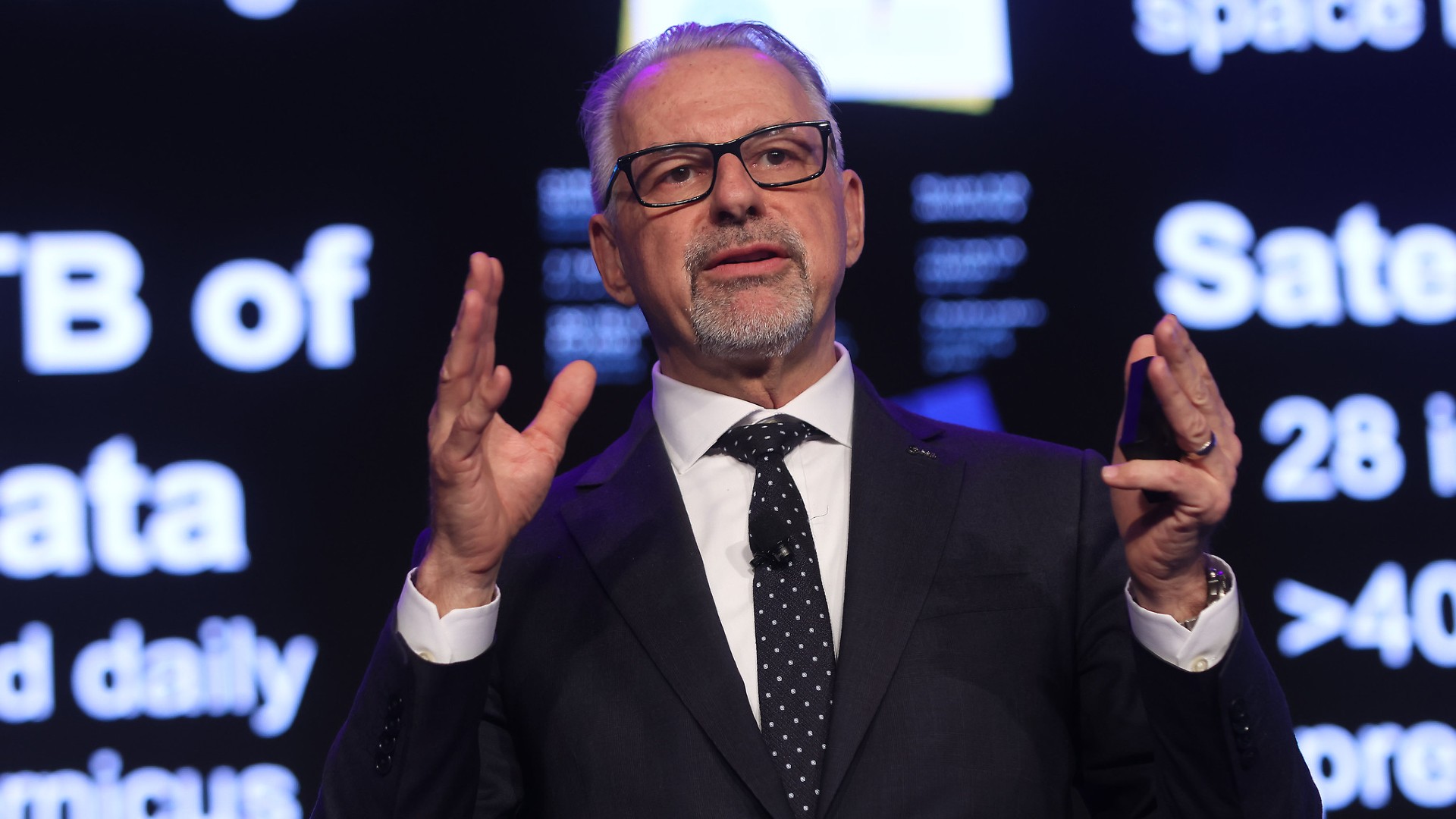Water groups press Trump administration to stop Colorado River water waste
National water conservation groups on Tuesday filed a legal petition asking the U.S. Bureau of Reclamation to stop downstream Colorado River users from wasting water. The petition requests that the Bureau ensure that all deliveries to Colorado River Lower Basin users — those in California, Nevada and Arizona — are “reasonably required for beneficial uses” and that water transfers...

National water conservation groups on Tuesday filed a legal petition asking the U.S. Bureau of Reclamation to stop downstream Colorado River users from wasting water.
The petition requests that the Bureau ensure that all deliveries to Colorado River Lower Basin users — those in California, Nevada and Arizona — are “reasonably required for beneficial uses” and that water transfers are not “unreasonable.”
The Bureau is able to use its legal authority to restrict deliveries to prevent such waste, according to the petition, submitted by the National Resources Defense Council (NRDC) and represented by the University of California Los Angeles Frank. G. Wells Environmental Law Clinic.
Also signed on to the petition were a coalition of waterkeeper groups and other local advocacy organizations.
“More than 40 million people in seven states rely on the over-stressed Colorado River for their water supply and the West can’t afford to continue to waste water unsustainably,” Mark Gold, director of water scarcity solutions at NRDC and a UCLA adjunct professor, said in a statement.
“The Bureau of Reclamation has the authority and obligation to stop the waste and protect this precious resource today and for future generations,” Gold added.
The 1,450-mile Colorado River provides drinking water and agricultural irrigation to about 40 million people across seven U.S. states, 30 tribal nations and two states in Mexico. On the domestic side, the region is divided into the Upper and Lower basins: Colorado, Wyoming, Utah and New Mexico and California, Nevada and Arizona.
As the West becomes increasingly arid and a growing population consumes more water, this key transboundary artery is dwindling. Meanwhile, the seven U.S. basin states are currently negotiating an update to the Colorado River’s operational guidelines, which expire at the end of 2026.
The petitioners stressed that as it stands today, Arizona, Nevada and California all receive 100 percent of their allocations annually, regardless of snowpack and river flow conditions upstream. Among the examples of waste cited in the petition were excessive irrigation for ornamental turf, inefficient industrial processes and outdated evaporative cooling systems.
Cara Horowitz, director of UCLA’s Environmental Law Clinic, emphasized that “the Trump administration could take a few common-sense steps to come into compliance.”
Specifically, the petition requested that the Bureau of Reclamation undertake a process to provide clarity on the definition of the phrase “reasonably required use.”
The document also asked that the agency develop a stronger, consistent and transparent approach to determining if Lower Basin users are sufficiently avoiding wasteful usage. Such an evaluation would account for factors like climate, evaporation, type of irrigation, kinds of corps, leakage, soil suitability and water accessibility.
Lastly, the petitioners expressed their desire for periodic reviews of Lower Basin users to guarantee that water deliveries are occurring in a reasonable fashion.
“Every region that depends on Colorado River water has a responsibility to use that water as efficiently as possible,” Bruce Reznik, executive director of LA Waterkeeper, said in a statement.
On a local level, Reznik stressed a need to increasingly rely on “water that is already in the Los Angeles region,” through water recycling, greater efficiency and stormwater capture.
“That’s not only the right thing to do for the other people and wildlife that depend on this river for survival, it’s also the smart thing to do in light of the climate change impacts we’re already seeing on the Colorado River system,” Reznik added.
The Hill has reached out to both the Bureau of Reclamation and the lead negotiating teams of the Lower Basin states for remarks on the petition. The commissioner for California, JB Hamby, responded that he had no comment at this time.

















_Sergey_Tarasov_Alamy.jpg?width=1280&auto=webp&quality=80&disable=upscale#)






















































